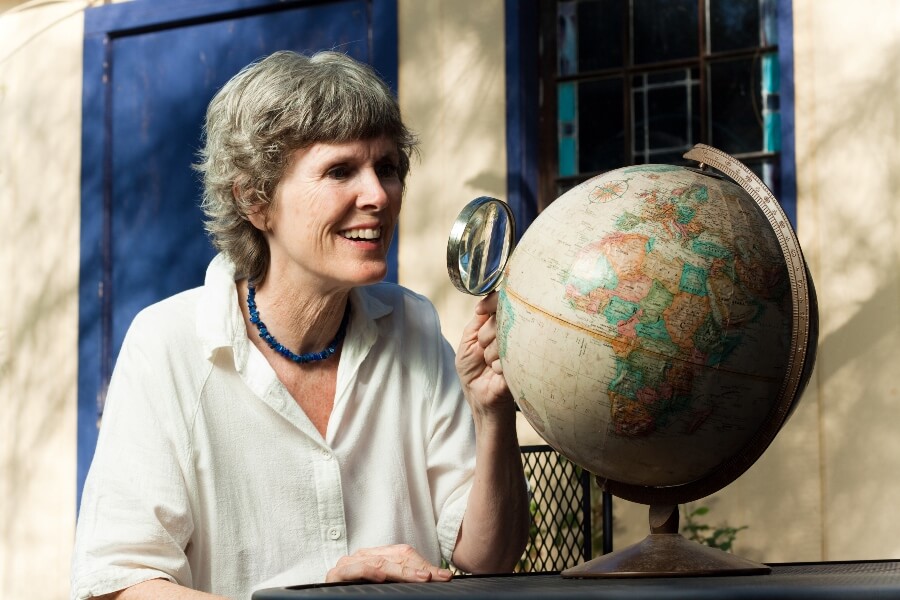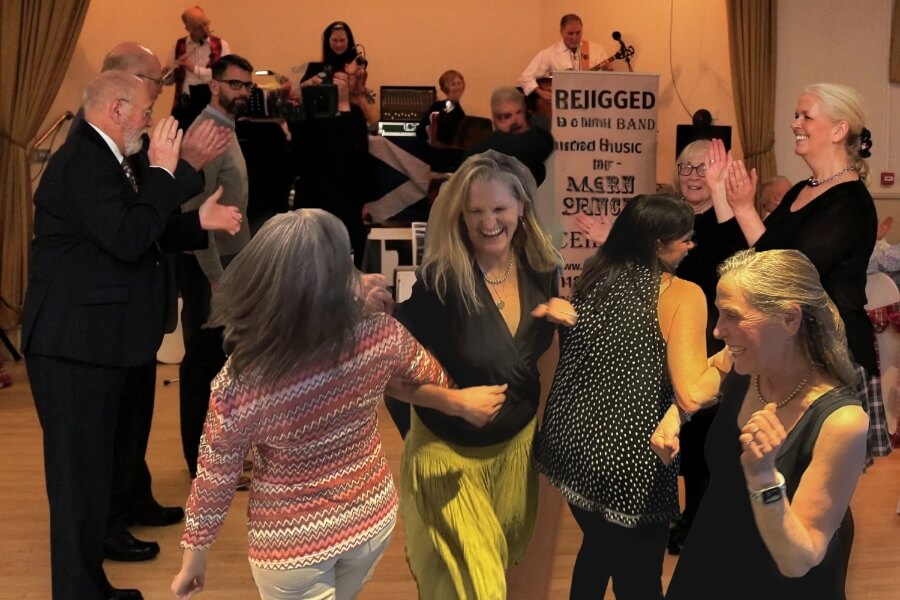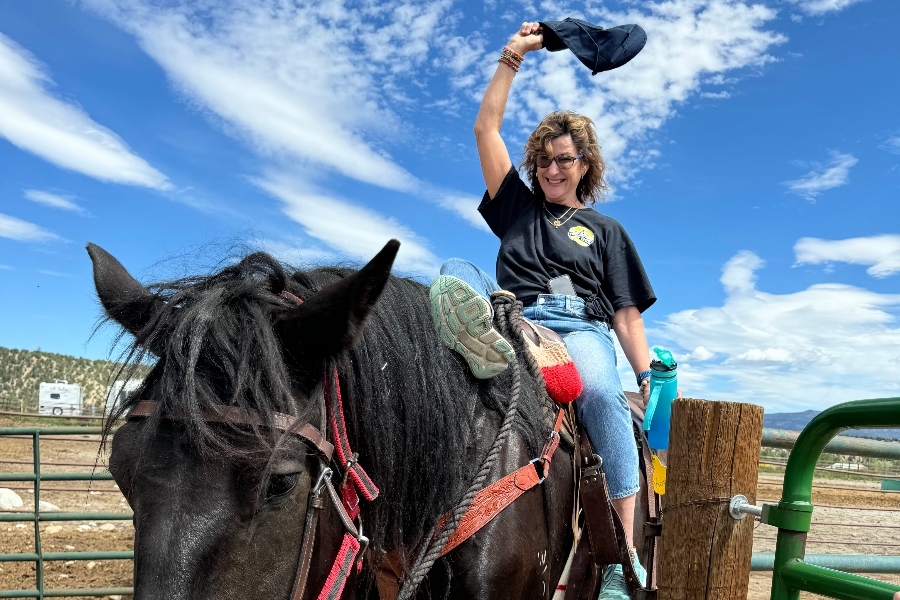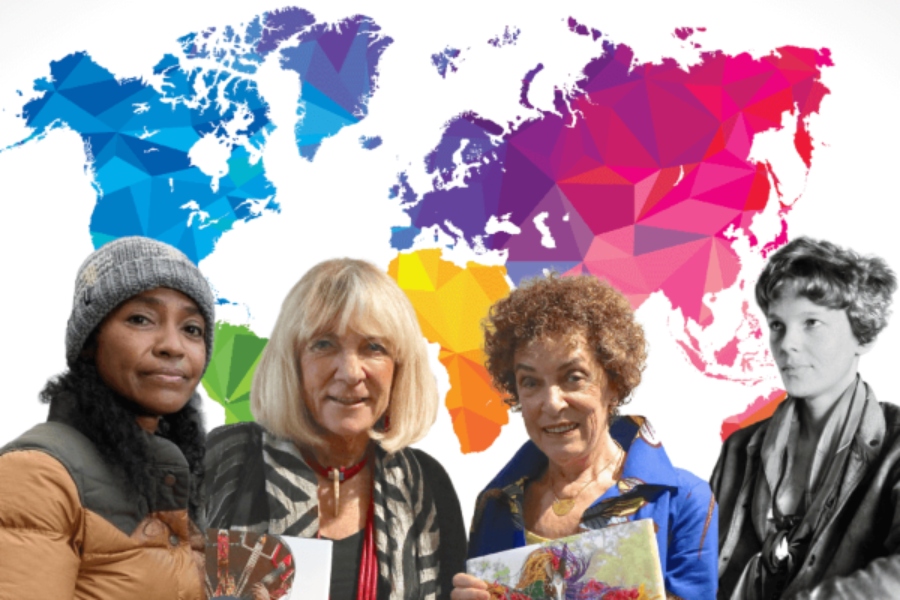It’s the most confounding and enraging thing: Just when a woman has the most knowledge and experience to do a job, lead a company or even a nation, perceptions about her begin to change. Suddenly, she’s seen through some stereotypical lens that cast her as not very friendly or nice.
We’ve seen it over and over, from Hillary Clinton—who was liked as long as she was a First Lady—to Jennifer Chatman, a professor in the business school at UC Berkeley and the author of a new study showing how widespread and damaging age stereotypes are for women over 40.
Chatman had won many teaching awards and received glowing student feedback earlier in her career. But when she hit middle age, she noticed that her student evaluations began to decline. She was in a position to investigate and designed a series of experiments.
Read More: The Ambition Trap: How It Gets Women Like Kamala Harris and Hillary Clinton
Stereotypes of Middle-Aged Women Run Deep
Chatman and her team looked into a boatload of student evaluations and asked volunteers to rate fictional supervisors. For the rating exercise, all the details of these profiles were the same except for the name. Sometimes the boss was named “Sue,” other times “Steve.” Despite the profiles containing identical information, participants rated middle-aged “Sue” as significantly less warm and friendly.
When she hit middle age, she noticed that her student evaluations began to decline.
“It’s just stunning,” Chatman told Inc. Magazine. “These stereotypes are so hardwired and deeply entrenched that they come out even when absolutely identical information is provided about a man and a woman….Middle age is a make-or-break time, when people are being groomed and considered for the top jobs. We have to look beyond the pipeline to see what’s actually happening in terms of the experiences women are having throughout their careers.”
The study made this conclusion: “Professional women must show masculine agency to get ahead—but, in so doing, are perceived as lacking feminine warmth. Our findings generally show that this balance appears particularly challenging for women in middle-age, not necessarily because of their own behavior but because of how they are perceived as they gain agency.”
The Fix: More Understanding, Not More Smiling
“If your first impulse is to counsel middle-aged women to act nicer at work, maybe take a pause. (And not just because our cheeks are already aching from all the fake smiling we do),” wrote Jessica Stillman in Inc. “The problem here isn’t that middle-aged women are actually grumpy, rude, or sour-faced. The problem is bias in society. That’s what needs to change, according to the researchers.”
The problem here isn’t that middle-aged women are actually grumpy. The problem is bias in society
Chatman and her research team hope that the study will help the corporate world see that middle age is a period when women are uniquely susceptible to perceptions that they are failing to satisfy gender stereotypical prescriptions about warmth. Instead of falling into easy and damaging assumptions, managers can develop ways to counter the stereotypes and offer explicit support for women at this career stage.
“For example,” the study suggests, “organizations can alert evaluators of middle-aged women of the systematic difference in perceptions uncovered here and offer training and tools to enable evaluations to focus more on work-relevant expectations than gender prescribed stereotypes, thereby examining performance more objectively.”
Now if we can only do the same with the American electorate!
Read More: Gender Stereotypes In Advertising: Where the Hell Are the Midlife Women?





















0 Comments